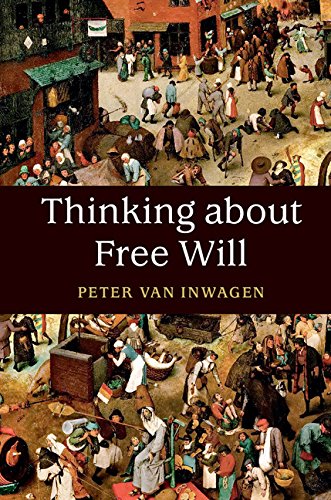
By Peter van Inwagen

By Peter van Inwagen

By Helen Beebee,Christopher Hitchcock,Peter Menzies
This e-book presents an in-depth and accomplished review of those and different subject matters, in addition to the historical past of the causation debate from the traditional Greeks to the logical empiricists. The chapters supply surveys of latest debates, whereas usually additionally advancing novel and arguable claims; and every encompasses a entire bibliography and recommendations for extra studying. The publication is hence the main accomplished resource of data approximately causation at present to be had, and should be
invaluable for upper-level undergraduates via to expert philosophers.
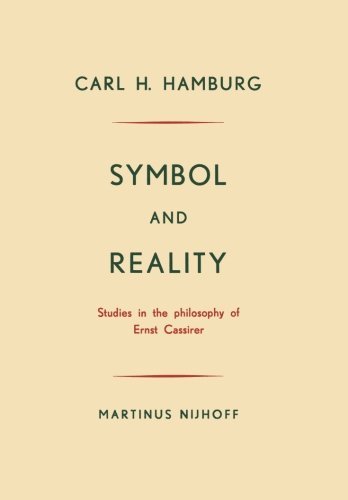
By Carl H. Hamburg
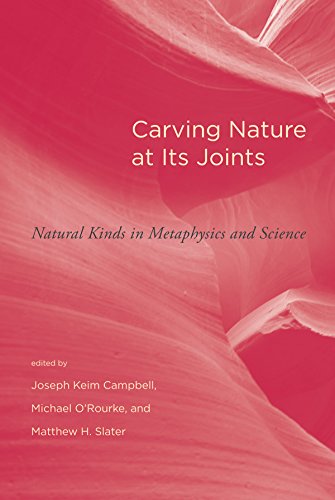
By Joseph Keim Campbell,Michael O'Rourke,Matthew H. Slater
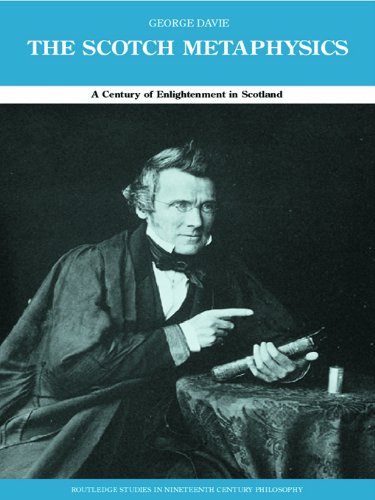
By George E. Davie

By Charles Landesman,Roblin Meeks
Philosophical Skepticism offers a range of texts drawn from the skeptical culture of Western philosophy in addition to texts written by means of rivals of skepticism. Taken including the old creation by means of Landesman and Meeks, those texts truly illustrate the profound effect that skeptical stances have had at the nature of philosophical inquiry.
--This textual content refers back to the Hardcover edition.
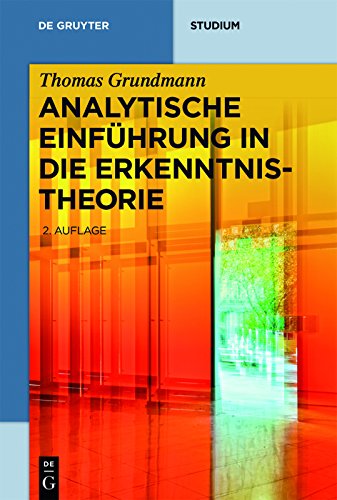
By Thomas Grundmann
Diese Analytische Einführung behandelt die wichtigsten Grundfragen und -probleme der Erkenntnistheorie und enthält eine ausführliche Darstellung von Positionen und Argumenten aus der gegenwärtigen Diskussion. Sie richtet sich an Studierende der Philosophie und anderer Fachgebiete, bietet aber auch für philosophische Kenner eine gewinnbringende kritische Orientierung.
Für die zweite Auflage wurde der textual content vollständig überarbeitet, um die jüngsten Entwicklungen im Themenfeld zu berücksichtigen. Am Ende jedes Kapitels gibt es nun Studienfragen zur selbständigen Rekapitulation und kommentierte Hinweise auf wichtige neue und weiterführende Literatur. Im Anhang finden sich Vorschläge für thematisch fokussierte Lehrveranstaltungen auf der Grundlage dieses Buches.
Behandelt werden u.a. die erkenntnistheoretischen Grundbegriffe (Überzeugung, Wahrheit, Wissen und Rechtfertigung) sowie unterschiedliche Antworten auf die Fragen nach der Struktur, dem Umfang und den Quellen menschlichen Wissens. Die spezifischen Wissensarten kommen ausführlich zur Sprache (neben der Wahrnehmung insbesondere apriorisches Wissen, Erinnerung, Selbstwissen sowie sozialer Wissenstransfer und nicht-deduktive Schlussverfahren). Ein besonderes Augenmerk liegt außerdem auf der Rolle der Erkenntnistheorie innerhalb der Philosophie sowie ihrem Verhältnis zu den Einzelwissenschaften.
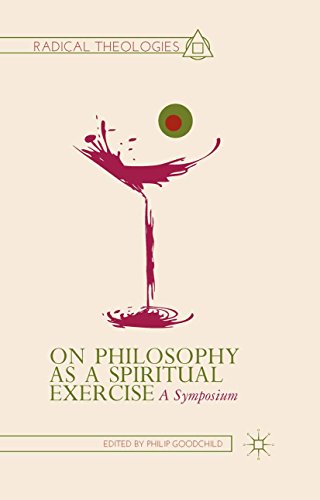
By P. Goodchild
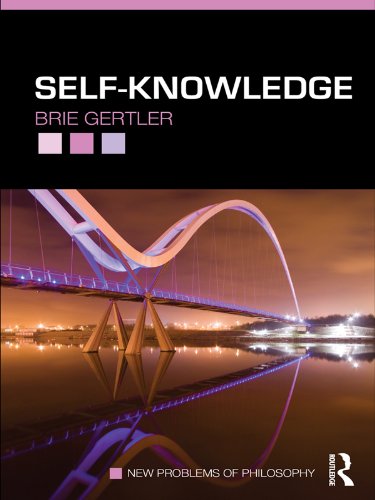
By Brie Gertler
How have you learnt your individual concepts and emotions? can we have ‘privileged entry’ to our personal minds? Does introspection offer a grab of a considering self or ‘I’?
The challenge of self-knowledge is without doubt one of the so much attention-grabbing in all of philosophy and has an important value for the philosophy of brain and epistemology. during this remarkable creation Brie Gertler assesses the major theoretical ways to self-knowledge, explaining the paintings of some of the key figures within the box: from Descartes and Kant, via to Bertrand Russell and Gareth Evans, in addition to fresh paintings via Tyler Burge, David Chalmers, William Lycan and Sydney Shoemaker.
Beginning with an overview of the excellence among self-knowledge and self-awareness and supplying crucial ancient historical past to the matter, Gertler addresses particular theories of self-knowledge equivalent to the acquaintance concept, the internal feel idea, and the rationalist conception, in addition to best debts of self-awareness. The publication concludes with a serious explication of the dispute among empiricist and rationalist approaches.
Including valuable bankruptcy summaries, annotated extra analyzing and a word list, Self Knowledge is key interpreting for these attracted to philosophy of brain, epistemology, and private identity.